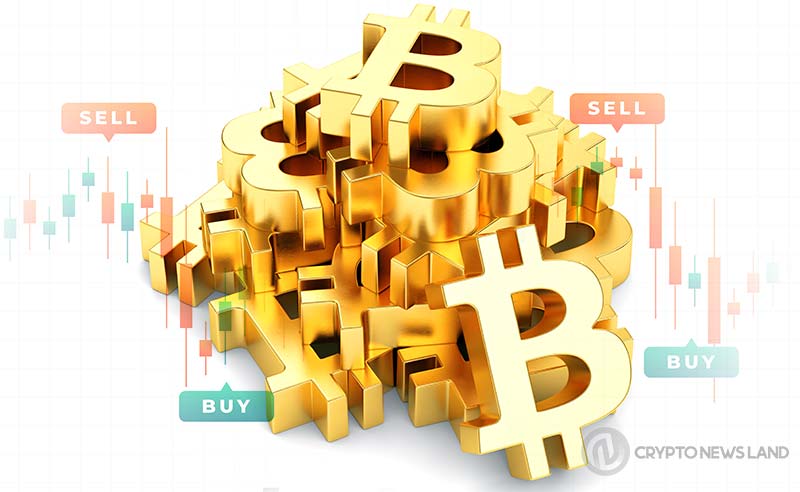- The U.S. aims to hold its Bitcoin assets, which could boost cryptocurrency’s role in stabilizing the economy.
- Trump’s plan to retain government-held Bitcoin may lead other countries to consider adopting their own cryptocurrency reserves.
- Bitcoin reserves could increase its value significantly while encouraging global financial strategies to adapt to digital currencies.
The United States is considering a Bitcoin reserve that could change worldwide financial strategies and increase digital asset adoption around the world. President-elect Donald Trump recently announced plans to retain all government-held Bitcoin and stop auctions during a speech in Nashville. His proposal has sparked widespread discussions about how this decision could influence markets and reshape financial stability.
A Bitcoin reserve could protect the economy during crises, help fight inflation, and establish cryptocurrency as a key financial tool. Predictions suggest this move might drive BTC’s value much higher, possibly reaching $500,000 or even $1 million in the near future.
How a Bitcoin Reserve Could Impact the U.S. Economy
A Bitcoin reserve would function like the Strategic Petroleum Reserve and provide support during economic instability and financial disruptions. It would also give the government an asset to hedge against inflation and protect the economy during tough times.
The U.S. authorities currently own 208,109 Bitcoin, which is worth over $19 billion, as reported by Arkham Intelligence. These possessions have been acquired through legal confiscations, and they have traditionally been sold through auctions. Trump’s plan would stop these sales and retain the assets for the long term.
This strategy could also push other nations to adopt Bitcoin as part of their own economic reserves and financial policies. This shift may trigger a global trend of digital asset adoption as countries work to stay competitive in evolving markets.
Challenges in Creating a Bitcoin Reserve
Establishing a national Bitcoin reserve comes with challenges such as market volatility and limited liquidity, which could disrupt global markets. Bitcoin’s supply is restricted, and a large portion remains dormant, which makes large-scale government purchases potentially destabilizing.
The plan also raises questions about how centralized control fits with Bitcoin’s decentralized and independent principles, which are key to its appeal. Balancing these ideals with national policy would require careful planning to avoid undermining the very nature of cryptocurrency.
Global Effects of a U.S. Bitcoin Reserve
A U.S. Bitcoin reserve could encourage wider global adoption of crypto and inspire businesses to add BTC to their reserves. Recently, nine major firms from different industries started using Bitcoin as part of their financial strategies, signaling wider acceptance.
The introduction of Bitcoin exchange-traded products in the U.S. has already encouraged banking interest, and a national reserve could increase that momentum. These developments leave one major question unanswered: will the U.S. reserve inspire a global race for Bitcoin dominance and redefine global finance?

